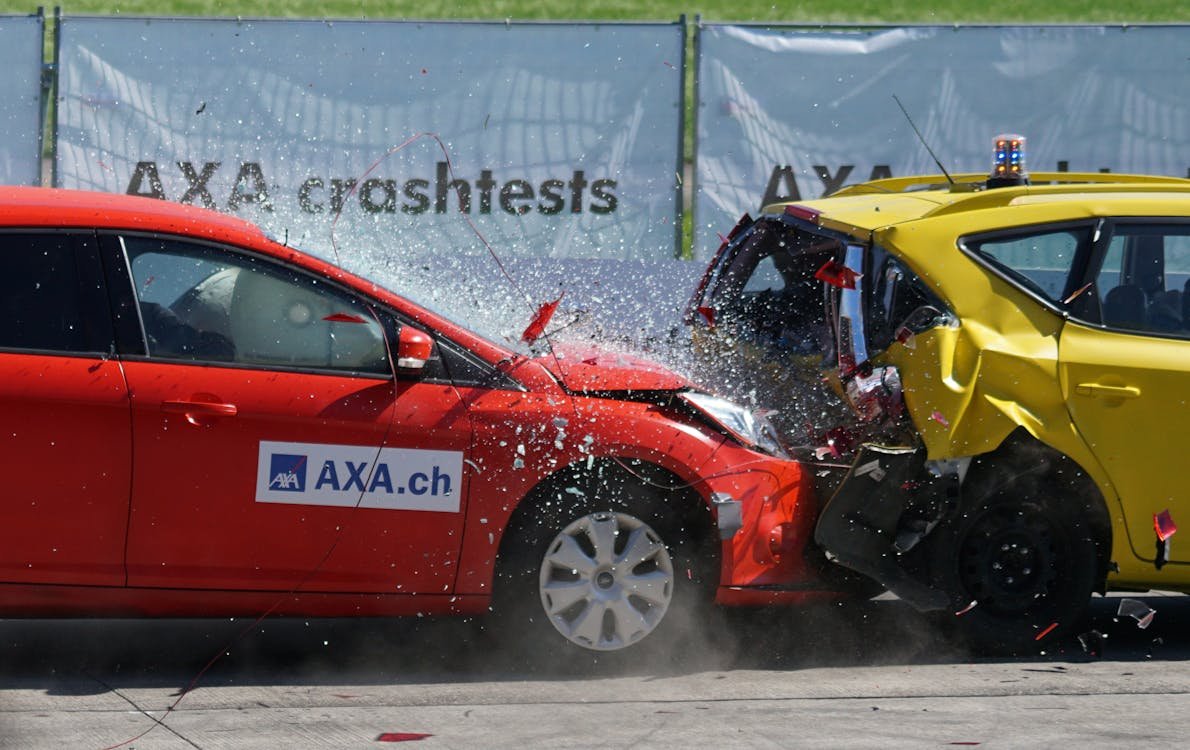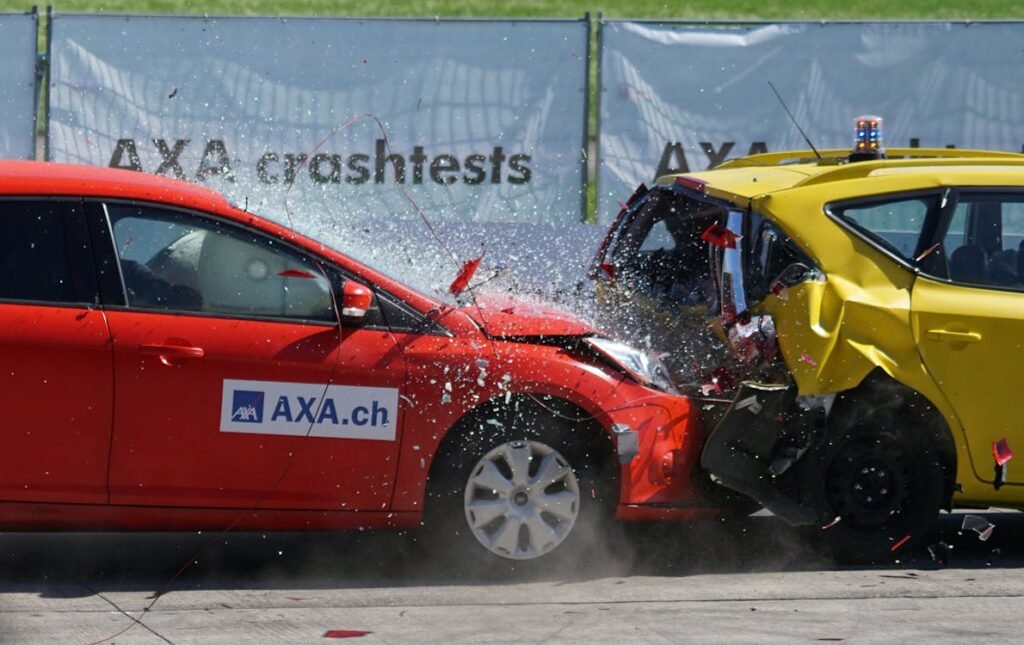
Supreme Court Awards ₹15 Lakh for 100% Disability in Motor Accident Compensation
In a landmark judgment, the Supreme Court of India recently enhanced compensation for “pain and suffering” in motor accident compensation, underscoring the legal principle of providing just and fair relief to victims. The bench, comprising Justices CT Ravikumar and Sanjay Karol, awarded ₹15 lakhs to the appellant, exceeding the initially requested ₹10 lakhs. This decision highlights the judiciary’s commitment to addressing the multifaceted impacts of severe injuries on victims’ lives.
Case Overview
The appellant, an employee travelling in his company’s vehicle, suffered grave injuries when a container lorry, driven negligently, collided with the vehicle. The accident left him with 90% permanent disability, which the Motor Accident Claims Tribunal (MACT) evaluated as 100% functional disability. The tribunal initially awarded the appellant ₹58,09,930/- with 6% interest per annum, excluding ₹1,00,000/- for future medical expenses.

Dissatisfied with the tribunal’s motor accident compensation, both the appellant and the insurance company appealed to the Karnataka High Court. The High Court enhanced the compensation to ₹78,16,390/-. However, the appellant sought further enhancement before the Supreme Court, citing insufficient compensation under future medical expenses, future prospects, and pain and suffering.
Supreme Court Judgment
The Supreme Court modified the High Court’s order, increasing the total compensation to ₹1,02,29,241/-. Significant changes were made under two key heads:
- Future Prospects
- Pain and Suffering
Under “pain and suffering,” the Court awarded ₹15 lakhs, stating that the compensation requested by the appellant was justified but deserved to be further enhanced to ensure fairness and justice.
Key Observations
The Court relied on extensive references from disciplines such as bioethics, medical ethics, psycho-oncology, sociology, and philosophy. It acknowledged that consistent and lifelong suffering profoundly impacts a person’s sense of identity and ability to lead a normal life.
The bench quoted earlier judgments emphasizing the need for comprehensive compensation to address physical and emotional trauma. Referring to Karnataka SRTC v. Mahadeva Shetty (2003), the Court reiterated:
“A person not only suffers injuries on account of accident but also suffers in mind and body on account of the accident throughout his life… While fixing compensation for pain and suffering, features like age, marital status, and unusual deprivation must be considered.”
Factors Considered in Award Enhancement
The Court meticulously evaluated the following aspects:
- Medical Testimony: A doctor’s report confirmed the appellant’s permanent disability, dependence on a wheelchair, inability to work, and need for assistance in daily activities.
- Judicial Precedents: The Court referred to cases such as Kajal v. Jagdish Chand (2020) and Ayush v. Reliance General Insurance (2022), where compensations for “pain and suffering” ranged between ₹3-15 lakhs.
- Impact on Life Quality: The Court acknowledged that the appellant would endure the physical, psychological, and emotional toll of the accident for the rest of his life.
Significance of the Judgment
This decision is a significant step forward in recognizing the broader dimensions of suffering experienced by motor accident victims. By exceeding the compensation requested, the Supreme Court demonstrated a proactive approach to ensuring justice. The judgment also underscores the importance of considering the psychological and social impacts of disabilities when determining compensation.
The Supreme Court’s ruling sets a strong precedent for future cases, emphasizing the need for a holistic evaluation of compensation under the head “pain and suffering.” This judgment not only brings relief to the appellant but also reinforces the judiciary’s role in upholding fairness and addressing the long-term impacts of motor accidents on victims’ lives.
Also Read: The Supreme Court of India Rules Against Bulldozer Justice






